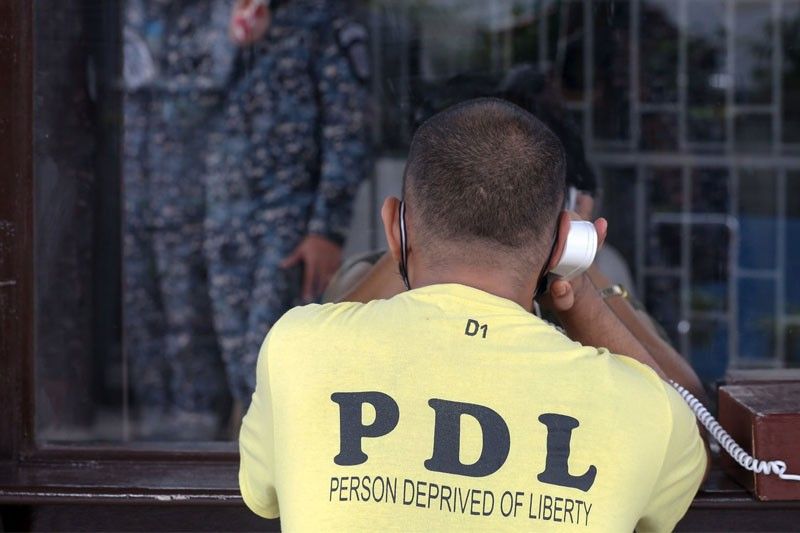DOJ reduces bail recommendation for indigents in criminal cases

MANILA, Philippines — The Department of Justice has ordered the reduction of bail for indigent persons charged in bailable criminal cases in a bid to address the perennial problem of prison congestion.
Justice Secretary Jesus Crispin Remulla issued Department Circular No. 11 on February 20, setting the guidelines on the recommendation of bail amounts in criminal informations or charge sheets.
Following the order, which DOJ Assistant Secretary Mico Clavano said is effective immediately, state prosecutors will recommend to accused who claimed indigency only 50% of the suggested bail under the department’s 2018 Bail Bond Guide or P10,000, whichever is lower.
This is “in the interest of social justice and to afford justice for all,” Remulla said. Prosecutors shall then “consider the financial capacity of the accused when recommending the amount of bail,” he added.
The directive covers “all cases undergoing inquest or preliminary investigation proceedings.”
It said that during the inquest or the preliminary investigation proceeding, the prosecutor shall ask the respondent whether or not he or she claims indigency.
If the respondent claims indigency, the respondent shall be asked to submit documents to prove it such as, but not limited to the following:
- Latest Income Tax Return or pay slip, or other suitable proof of income
- Certificate of Indigency from the Department of Social Weflare and Development
- Certificate of Indigency/No Income from the Office of the Punong Barangay/Barangay Chairperson
The respondent must also prove that he or she is not a habitual delinquent or recidivist.
Prison congestion
In a separate release, the DOJ said the new guidelines stemmed from the discussion of the Justice Sector Coordinating Council dialogue on the “perennial problem of overpopulation and congestion of our jail and detention facilities.”
It said the high congestion rate of 330% at the New Bilibid Prison was cited as root of problems plaguing the Bureau of Corrections, including corruption, smuggling of contrabands and inmate entitlement.
Remulla had also aired frustration over “weak cases” filed at courts that lead to detention of individuals who are later acquitted and released. He said that many of the accused are detained over bailable crimes but could not afford the amount set by the court, upon recommendation of the prosecutor.
“The Supreme Court, headed by Chief Justice Alexander G. Gesmundo then proposed a revisiting of the existing 2018 Bail Bond Guide,” the DOJ said.
“With this newest policy, the Department expects the release of many detained individuals on bail,” it added.
The department said that they expect this newest directive and the earlier department circular on prosecutors determining “reasonable certainty of conviction” in filing charges, will lead to “only quality criminal cases backed by credible evidence” being filed in court, resulting in decongesting court dockets.
- Latest
- Trending
































